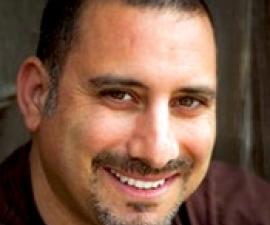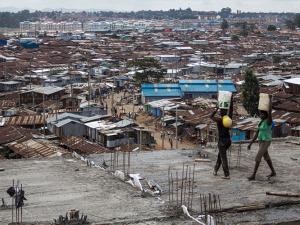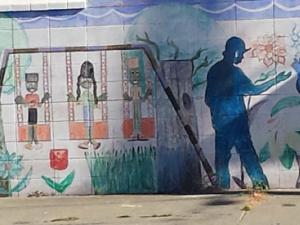

Research Bio
Jason Corburn's research focuses on urban health both in the US and globally. He studies why one's neighborhood or postal code can be a greater predictor of health and life expectancy than one's genetic code. His research includes investigating how urban parks, housing and public space improvements can reduce health inequities, improve resilience to climate change and address racial/ethnic disparities in well-being. He specializes in community-based participatory research (CBPR) and citizen science, or where non-professionals engage in the research and policy-making process. He also evaluates urban gun violence reduction strategies in California and nationally. His expertise includes drafting and evaluating health impact assessments, urban water and sanitation strategies, slum upgrading plans and community-based environmental health interventions. He has worked with the World Bank, World Health Organization and in over 30 different countries.
Research Expertise and Interest
urban health, gun violence, informal settlements, global public health, urban climate change, environmental impact assessment, mediation, environmental justice, urban and regional planning
In the News
Class Sheds Light on Gun Violence as a Public Health Issue
Berkeley study: California gun violence program saves lives, taxpayers millions
Race, the power of an Illusion: The house we live in
Research on Racism and Public Health
Urban slums are uniquely vulnerable to COVID-19. Here’s how to help
Straight talk: A conversation about racism, health inequities and COVID-19
Students tackle climate change in neighboring Richmond
Residents of Richmond, Calif., on the northeastern edge of San Francisco Bay, expect climate change to present their city with major challenges –- from rising sea levels to higher temperatures, flood risks and increased energy and water consumption –- in coming years. For help meeting these challenges, the city is turning to planning students at UC Berkeley.







